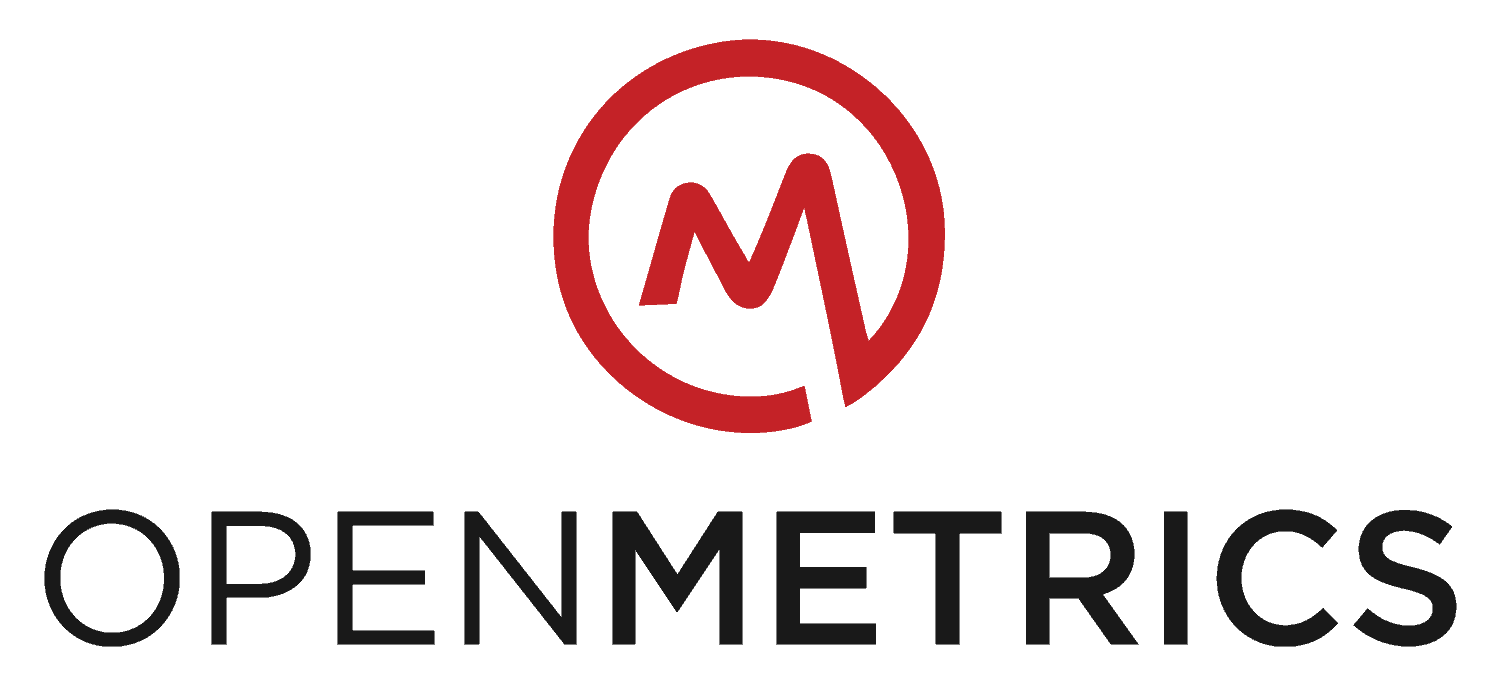Today, the Cloud Native Computing Foundation (CNCF) accepted OpenMetrics, an open source specification for metrics exposition, into the CNCF Sandbox, a home for early stage and evolving cloud native projects.

OpenMetrics brings together the maturity and adoption of Prometheus, Google’s background in working with stats at extreme scale, along with the experience and needs of a variety of projects, vendors, and end-users – aiming to move away from the hierarchical way of monitoring to enable users to transmit metrics at scale.
The open source initiative, focused on creating a neutral metrics exposition format, provides a sound data model for current and future needs of users, and embeds this into a standard that is an evolution of the widely-adopted Prometheus exposition format. While there are numerous monitoring solutions available today, many do not focus on metrics and are based on old technologies with proprietary, hard-to-implement and hierarchical data models.
“The key benefit of OpenMetrics is that it opens up the de facto model for cloud native metric monitoring to numerous industry leading implementations and new adopters. Prometheus has changed the way the world does monitoring and OpenMetrics aims to take this organically grown ecosystem and transform it into a basis for a deliberate, industry-wide consensus, thus bridging the gap to other monitoring solutions like InfluxData, Sysdig, Weave Cortex, and OpenCensus. It goes without saying that Prometheus will be at the forefront of implementing OpenMetrics in its server and all client libraries,” said Richard Hartmann, technical architect at SpaceNet, Prometheus team member, and founder of OpenMetrics. “CNCF has been instrumental in bringing together cloud native communities. We look forward to working with this community to further cloud native monitoring and continue building our community of users and upstream contributors.”
OpenMetrics contributors include AppOptics, Cortex, Datadog, Google, InfluxData, OpenCensus, Prometheus, Sysdig and Uber, among others.
“Metrics, when combined with traces and logging, are key to measuring the success of any technology initiative. By offering support for open standards such as OpenMetrics, we’ve enabled our customers to quickly gain visibility into the growing ecosystem technologies that are key to their cloud native transitions,” said Ilan Rabinovitch, VP of Product & Community at Datadog. “We look forward to our continued collaboration with the CNCF and observability community on developing standards and best practices for monitoring in cloud native architectures.”
“Google has a history of innovation in the metric monitoring space, from its early success with Borgmon, which has been continued in Monarch and Stackdriver. OpenMetrics embodies our understanding of what users need for simple, reliable and scalable monitoring, and shows our commitment to offering standards-based solutions. In addition to our contributions to the spec, we’ll be enabling OpenMetrics support in OpenCensus” said Sumeer Bhola, Lead Engineer on Monarch and Stackdriver at Google.
“At InfluxData, we’re very excited about the work to create a standard metrics format. Even though metrics is a subset of our larger focus on time series data, we see real value in creating a standard that can work across vendors and open source projects,” said Paul Dix, founder and CTO of InfluxData. “We’re excited to collaborate with members from Prometheus, OpenCensus and others to push the OpenMetrics standard forward. It will be a first class citizen in the InfluxData set of open source tools, including InfluxDB, our open source time series database and Telegraf, our open source data collector.”
“OpenMetrics is a huge improvement over the current mixed bag of formats out there today, and will make systems more interoperable with each other. Uber has a lot of complexity with the challenge of ingesting all of the metrics different applications and services expose due to this problem. Complex software and data centers will become a little easier to observe, monitor and run with this standard, which makes tools work together more easily, and small to medium organizations will need to invest less time for first class monitoring,” said Rob Skillington, lead of metrics and systems monitoring at Uber. “We are excited to be a part of OpenMetrics and will natively support the standard in our open source distributed time series database M3DB, which we use to store petabytes of metrics with, alongside supporting long-term storage of metrics for Prometheus.”
TOC sponsors of the project include Alexis Richardson and Bryan Cantrill.
The CNCF Sandbox is a home for early stage projects, for further clarification around project maturity levels in CNCF, please visit our outlined Graduation Criteria.